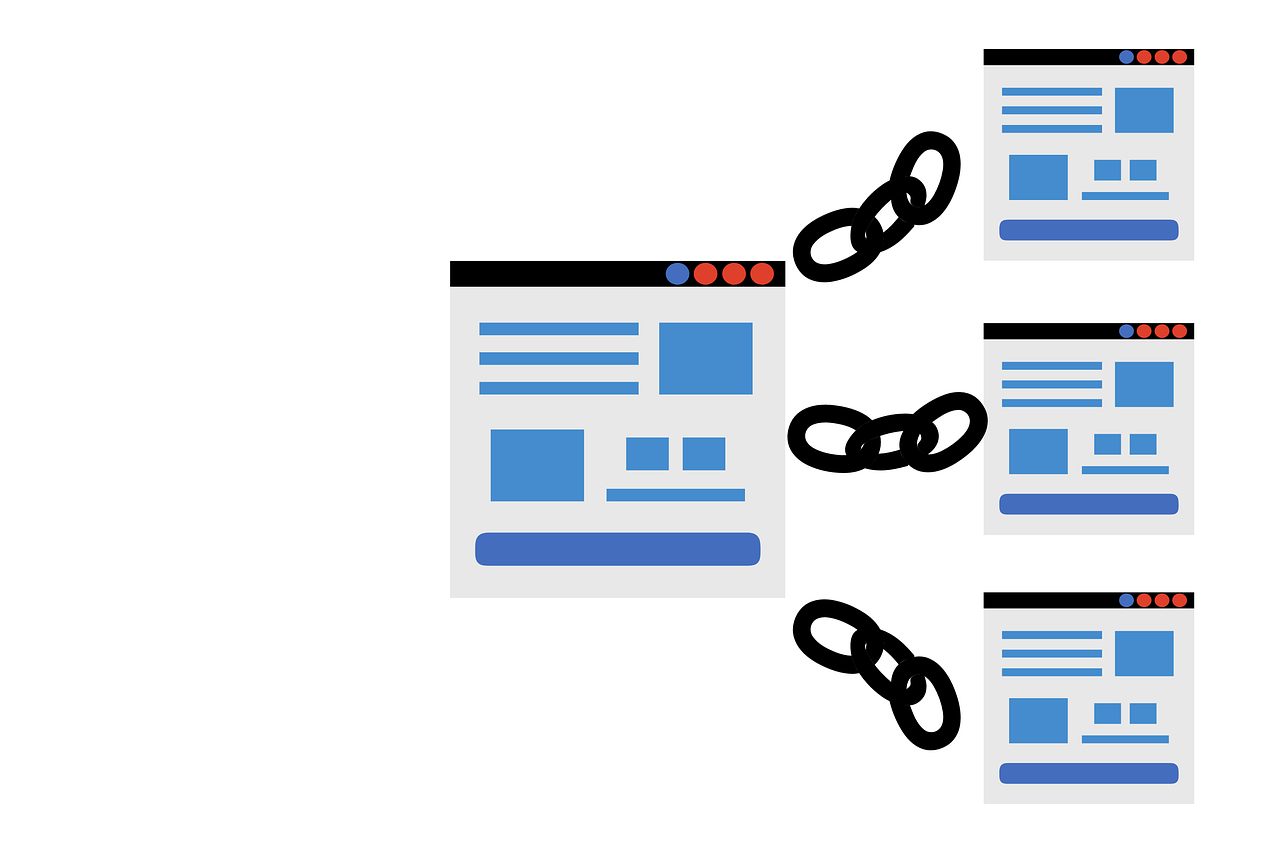
Backlink
As a website owner or manager, you understand the importance of having a good search engine ranking. However, not all backlinks pointing to your website are created equal. Low-quality or spammy backlinks can hurt your search engine ranking and ultimately lead to penalties from search engines, a negative impact on user experience and reputation, and a decrease in revenue.
In this blog post, we’ll explore the importance of a good backlink profile and explain how a thorough Link Audit can identify and mitigate the risks associated with a poor backlink profile.
The Importance of a Good Backlink Profile
Search engines like Google use complex algorithms to determine the quality and relevance of a website’s content. Backlinks are one of the factors that help search engines determine the quality of your website. However, not all backlinks are treated equally. Search engines prefer high-quality backlinks from reputable websites. These backlinks act as an endorsement of your website’s content and can help boost your search engine ranking.
On the other hand, low-quality backlinks from spammy websites can hurt your search engine ranking. Search engines view these backlinks as an attempt to manipulate the search results. You run the risk of receiving a penalty from search engines if you have too many low-quality backlinks. This can result in a significant drop in your search engine ranking and a decrease in traffic to your website.
The Risks of a Poor Backlink Profile
Having a poor backlink profile can lead to several risks for your website. These risks include:
Penalties from Search Engines
As mentioned earlier, search engines like Google can penalize websites with a poor backlink profile. This can result in a significant drop in your search engine ranking and a decrease in traffic to your website. In some cases, websites may even be removed from search engine results altogether.
Negative Impact on user Experience and Reputation
Low-quality backlinks can negatively impact the user experience on your website. This can lead to spammy or irrelevant content being displayed on your website, which can be frustrating for users. Additionally, having a poor backlink profile can negatively impact your website’s reputation. Users may view your website as unreliable or untrustworthy if it has too many low-quality backlinks.
Decrease in Revenue
A drop in search engine ranking can lead to a decrease in traffic to your website. This can ultimately result in a decrease in revenue. If your website relies on advertising or sales, a poor backlink profile can have a significant impact on your bottom line.
The Benefits of a Thorough Link Audit
A thorough link audit can identify and mitigate the risks associated with a poor backlink profile. A link audit is an analysis of all the backlinks pointing to your website. The goal of a link audit is to identify any low-quality backlinks that could be hurting your search engine ranking.
A link audit can provide several benefits, including:
Identifying High-Quality Backlinks
A link audit may help identify high-quality backlinks from reputable websites. This can be used to improve your search engine ranking and drive more traffic to your website.
Removing Low-Quality Backlinks
A link audit can also identify low-quality backlinks from spammy or irrelevant websites. These backlinks may be removed to prevent them from hurting your search engine ranking.
Improving User Experience and Reputation
By removing low-quality backlinks, you can improve the user experience on your website and enhance its reputation. Users will appreciate the effort you put into providing high-quality content and removing spammy or irrelevant content from your website.
Increasing Revenue
By improving your search engine ranking and driving more traffic to your website, a link audit can ultimately lead to an increase in revenue. If your website relies on advertising or sales, a link audit may have a significant impact on your bottom line.
The Link Audit Process
Now that we’ve discussed the importance of a good backlink profile and the risks associated with a poor one, let’s dive into the link audit process. A link audit typically involves several steps, including:
- Collecting a list of all the backlinks pointing to your website.
- Analyzing each backlink to determine its quality and relevance.
- Identifying any low-quality or spammy backlinks that could be hurting your search engine ranking.
- Creating a plan to remove or disavow these backlinks.
- Monitoring your backlink profile to ensure that no new low-quality backlinks are added in the future.
The link audit process can be time-consuming and complex, which is why it’s often best to hire a professional SEO agency to handle this task for you.
Conclusion
A poor backlink profile may have several risks for your website, including penalties from search engines, a negative impact on user experience and reputation, and a decrease in revenue. However, a thorough link audit can identify and mitigate these risks. By identifying high-quality backlinks, removing low-quality backlinks, improving the user experience and reputation, and increasing revenue, a link audit can have a significant impact on the success of your website.





